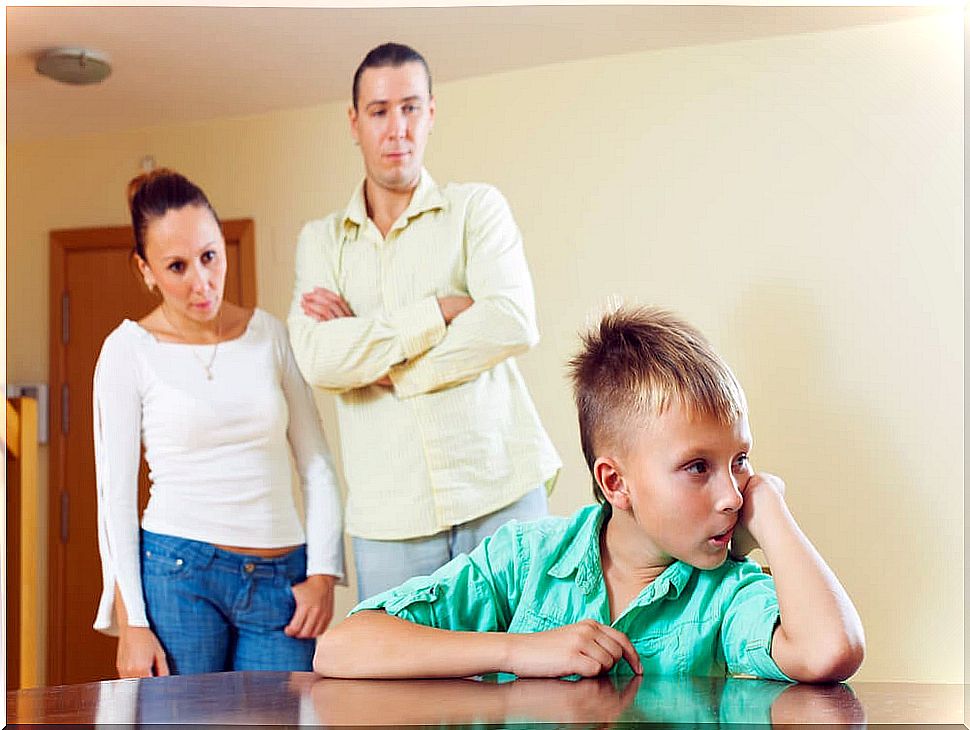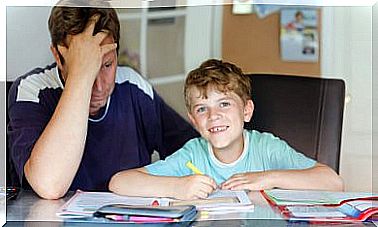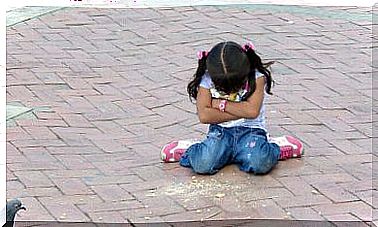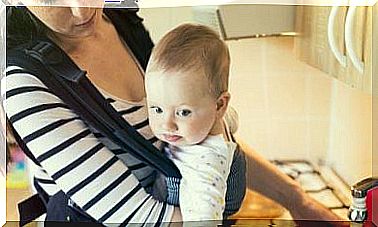Child Frustration Is Improved By Calm Parents
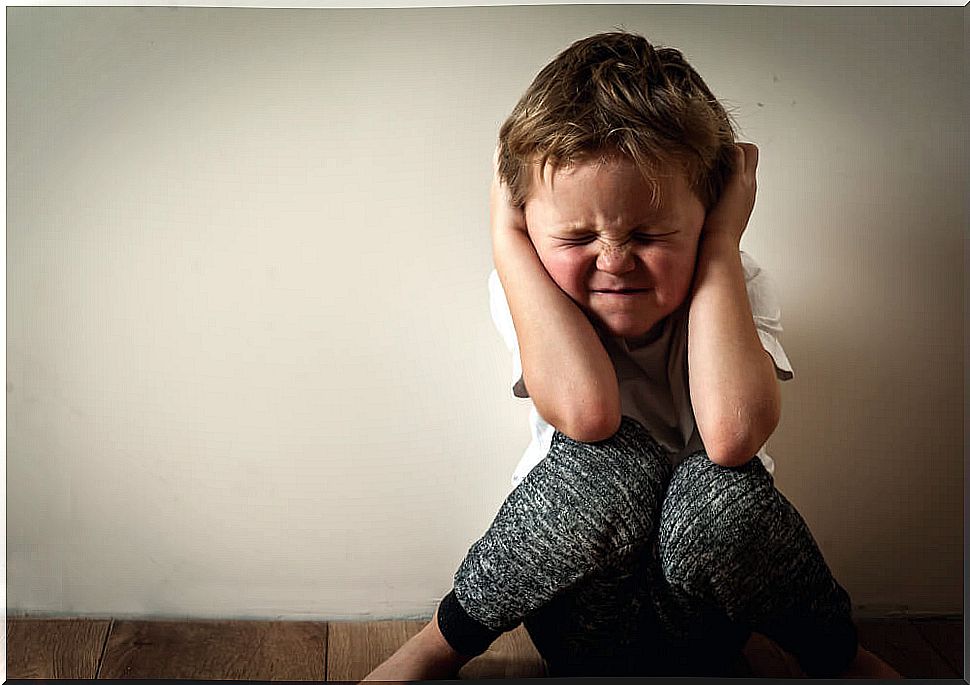
Frustration is a problem that affects the emotions of both children and adults. It is important to find a way to calm child frustration through parental calm. To do this, it is a good idea, first of all, to keep in mind the following questions: What is your response when your child is frustrated? Does your child’s frustration lead to your own frustration?
Consider the following scenario: You are in a rush to get out the door to go somewhere, and your child hasn’t gotten ready yet. How you feel? Are you getting emotionally upset? How might you react if your child says, “I can’t understand this” after you’ve spent 20 minutes trying to help him with a series of math problems?
Your emotional state affects your child
When parents keep calm in the face of child frustration, children are able to self-regulate. Emotional contagion occurs when children unconsciously perceive their parents’ emotions. It is known as tuning or co-regulation. The parent’s connection with the child helps the child to emotionally regulate or ‘calm down’.

From day one, how, as a parent, you respond to your child when he or she is upset will determine your ability to self-regulate. If a parent tells a crying child to stop crying, get over it, or not that bad, the child is likely to remain upset.
Yelling at a child or telling them to go to their room until they calm down does nothing to help them learn to self-regulate or control their emotions and generally leads to repetition and even escalation of overreaction to frustrating circumstances. If a baby cries, it is likely that it will stop as soon as its parents hold it in their arms.
Hug and share empathy to overcome child frustration
Hugging and empathizing with a young child and giving him reassurance when he is upset helps calm him down. With older children, you can encourage them to use words to express their feelings.
When parents repeatedly ignore or respond negatively or punitively to a child when they are emotionally upset, as the child develops, they are likely to overreact to frustrating situations with greater frequency and intensity.
When you are faced with a crying baby or a fussy child, the first thing to do is stay calm. Breathing deeply helps a lot. When you can respond calmly or neutrally, you will help your child because, unconsciously, you are picking up his calm, which, in turn, will cause his nervous system to calm down. You will feel safe.
You will then use the moment to help an older child learn skills such as deep breathing, rethinking (viewing the situation in a more positive light), as well as using words to convey their thoughts and feelings.
A parent may assume that their child is choosing to cry, yell, or hit rather than use words. Most likely, the child has not developed an adequate emotional vocabulary when this occurs.

Crises are learning opportunities
A crisis may be the perfect time to teach your child appropriate ways to express how he is feeling. Once a child can tell you how they feel and why they feel that way, you can help them learn to solve problems or accept some situations, even though you wish they were different.
The more time parents spend helping their children develop coping skills, the less time they spend responding to emotional outbursts. This will allow them to help them express their needs to others.
It also opens up an opportunity to begin helping your child tune in to the needs of others. Listening to your child does not mean that you will give in or grant all his wishes, but it does help him feel accepted and more open to listening to you so that you can teach him coping skills, including emotional regulation and problem solving, with empathy and understanding towards others.
It is important that you feel emotional crises as learning opportunities for your child and personal growth for you. Take a deep breath, think about what you are going to say to your child and forget the angry state forever to try to educate your children. Educate yourself through calm discipline.
